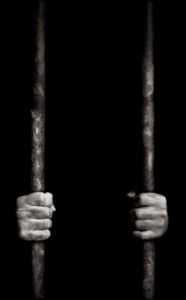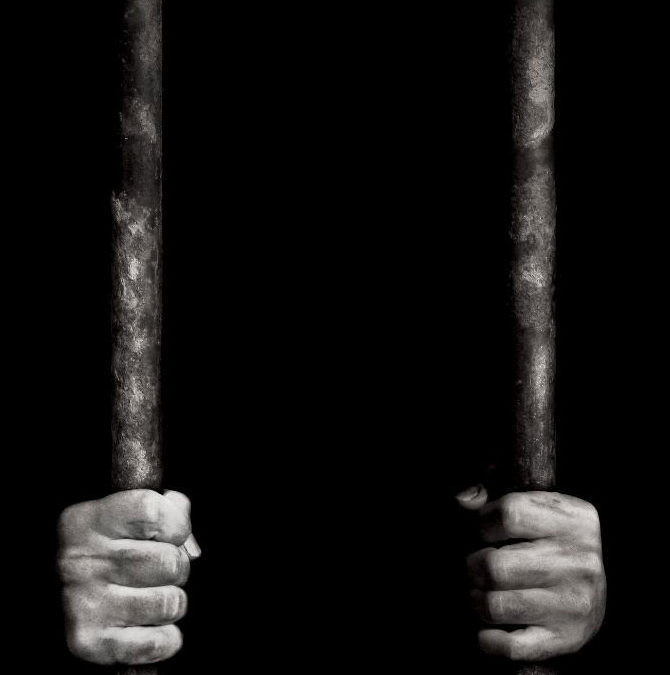 What is a Wrongful Conviction?
What is a Wrongful Conviction?
What is a Wrongful Conviction? When someone is wrongfully convicted, it means that an innocent person has been found guilty of a crime they did not commit. Wrongful convictions can have devastating consequences not only for the individual but also for the justice system and society as a whole. Understanding what wrongful convictions are, why they occur, and how they can be prevented is crucial in ensuring justice for all.
Understanding Wrongful Convictions
A wrongful conviction happens when the legal system convicts someone who is actually innocent. This may involve a criminal trial where evidence was misinterpreted, withheld, or fabricated, or where procedural errors led to the conviction of an innocent individual. Being wrongfully convicted can lead to years or even decades behind bars, loss of rights, and irreversible damage to a person’s reputation and life.
People who are wrongfully convicted often struggle to rebuild their lives even after exoneration. They face challenges such as psychological trauma, difficulty finding employment, and social stigma.
Common Causes of Wrongful Convictions
Several factors contribute to someone becoming wrongfully convicted. Recognizing these causes helps us better prevent these miscarriages of justice:
Mistaken Identity and Eyewitness Errors
Eyewitness misidentification is one of the most common reasons people are wrongfully convicted. Human memory can be unreliable, especially in high-stress situations or when witnesses are influenced by suggestive police lineups.
False Confessions
In some cases, innocent people may wrongfully confess to crimes due to coercion, intimidation, mental illness, or exhaustion during police interrogations. False confessions can carry immense weight in courts, often leading to wrongful convictions.
Inadequate Legal Representation
Defendants without access to skilled defense attorneys are at higher risk of wrongful conviction. Poor legal defense can result from overworked public defenders, lack of resources, or inadequate investigation.
Police and Prosecutorial Misconduct
Sometimes, officers or prosecutors engage in unethical behaviour such as withholding exculpatory evidence, fabricating testimony, or pressuring witnesses. These actions undermine the integrity of the justice system and increase wrongful conviction chances.
Flawed Forensic Evidence
Misinterpretation or misuse of forensic evidence, such as invalidated techniques or lab errors, can lead to incorrect conclusions and wrongful convictions.
The Impact of Being Wrongfully Convicted
The consequences of wrongful convictions are profound. Those who are wrongfully convicted suffer not only from the deprivation of their freedom but also from emotional and psychological scars. Many have difficulty trusting the system again and struggle to reintegrate into society after release.
Families of the wrongfully convicted also face hardship, including financial strain and social stigma. Moreover, wrongful convictions undermine public confidence in the justice system and allow the real perpetrators to remain free, potentially committing further crimes.
How Wrongful Convictions Can Be Prevented
Addressing wrongful convictions requires systemic changes and awareness:
Legal Reforms
Implementing policies for better interrogation practices, mandatory video recordings, and more rigorous standards for forensic evidence can reduce wrongful convictions.
Improved Eyewitness Identification Procedures
Using double-blind lineups and clearer instructions to witnesses lowers the risk of mistaken identification.
Enhanced Access to Quality Defense
Ensuring all defendants have access to competent legal representation and resources is essential.
Establishing Innocence Projects
Innocence projects and similar organisations work tirelessly to identify and free wrongfully convicted individuals using DNA testing and legal advocacy.
Final Thoughts
A wrongful conviction represents a tragic failure of the justice system that can destroy lives and communities. It is vital to understand the causes and impact of wrongful convictions to push for reforms and safeguards that protect innocent people. By raising awareness and improving legal processes, we can help ensure that no one is wrongfully convicted and that justice truly prevails.
Visit our main blog page for more articles
Visit the National Registry Of Exonerations for more information

